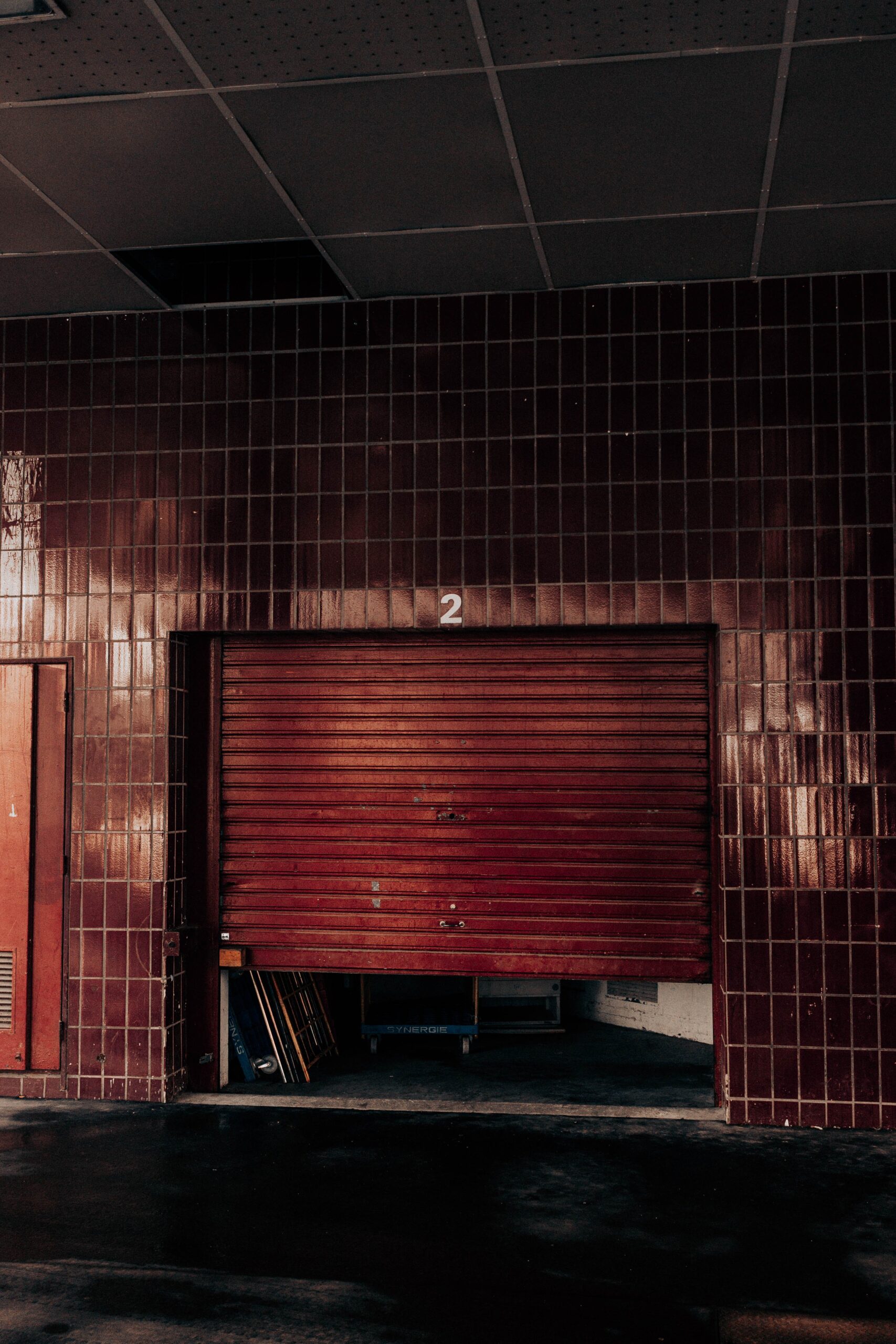Door systems are one of those accessories that we don’t frequently think about changing. This is because they are durable and can be used for years as long as they remain functional. However, nothing lasts forever, and this begs the question of how long an opener should last. Usually, you can seamlessly notice an issue with your opener, but most people do not do anything about it until a significant malfunction begins. In this article, we intend to look at all sorts of stuff surrounding the typical lifespan of garage door openers.
Durability
Garage door systems like Drywall Sanders are notably durable accessories. Most openers are located just above the door or sometimes on the ceiling. The durability of these systems varies from brand to brand. However, the average warranty obtainable from most brands is between 3 and 5 years. After this period, you will notice a reduction in performance. Typically, an opener should last for up to fifteen years, provided you use it an average of six times every day. The opener might last up to three decades if you have the typical routine of going out in the morning and returning later in the day.
However, the durability will be profoundly affected if you go in and out of the garage more than six times a day. In essence, durability is mainly determined by how frequently the opener’s service is employed.
What Determines The Durability
The type and door model is one of the most crucial elements that determine its lifespan. All models have their merits and demerits. However, the belt drive type has a longer lifespan than other types. No matter the opener model you use, regular maintenance can help you prolong its lifespan. Periodic lubrication of its springs, coils, and other parts can help it stay in shape longer. Another thing you can do is assess the unit’s balance periodically, as this can help you identify any potential damage early.
Another way to protect the unit’s integrity is to get it checked by professionals. This should be scheduled routine maintenance. They will help you oil certain parts and carry out tests that can help identify potential damages. Doing this will also allow you to get in touch with them easily immediately when you notice any unusual door behavior.
How To Identify a Damaged Opener
Typically, you wouldn’t see any warning signs before a door opener begins to malfunction. However, you can change to using alternative controls to open the door soon as you see any weird behavior. If you or an expert see something wrong, most manufacturers recommend a total replacement instead of making repairs. Some of the things that can help you determine that something is wrong includes:
Weird Sounds
With time, the door’s system and core lose function, and this makes using the door a bit laborious. Shortly after that, you might start hearing creaking noises when you use it. Call for expert help whenever this starts.
Unusual Movement
At optimal working conditions, the door should open faster and smarter. However, the door might start showing signs of impending damage if you notice that it becomes slower in action.
Vibratory Movements
When the engine becomes faulty, it starts unusual vibratory movements. This is as a result of the parts getting loose. Eventually, these movements might make the whole unit come off and cause unforeseen accidents. Before it gets too obvious, call for expert help.
The Door Becomes Stuck
This usually happens at the tail end of the opener’s lifespan. The door just keeps humming with a fruitless attempt at the opening. This might be due to inadequate power or completely faulty engines. Whichever case is the culprit. You should call a professional and seek an expert opinion.
Inconsistency in Operation
Unusual opener behavior is a clue to a faulty door. When it takes a longer time to use the door effectively, you should suspect that something is wrong. Then, a period of good functioning intertwined with periodic faulty operation is another way to suspect foul play.
Another important consideration when it comes to opener durability is to be conversant with the production date. This will help you determine the appropriate replacement time as written on the manufacturer’s label. In essence, the absence of a faulty operation is not a contraindication for replacing the opener. Check and use the safety features on the opener to ensure that you do not shortchange its lifespan.

